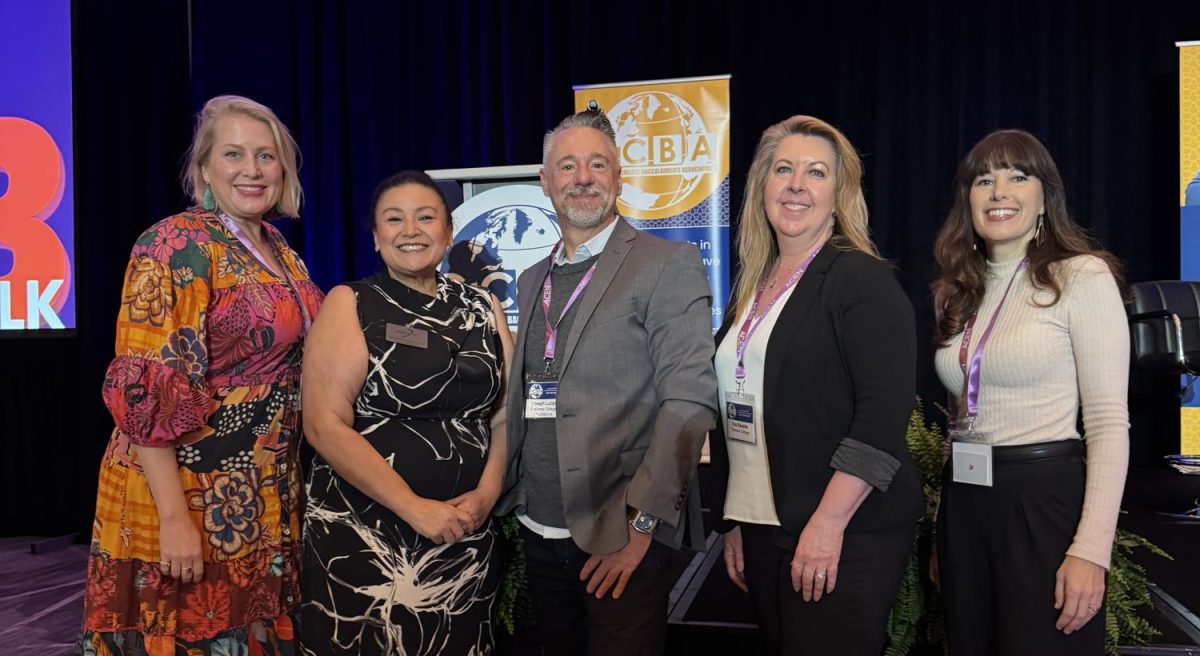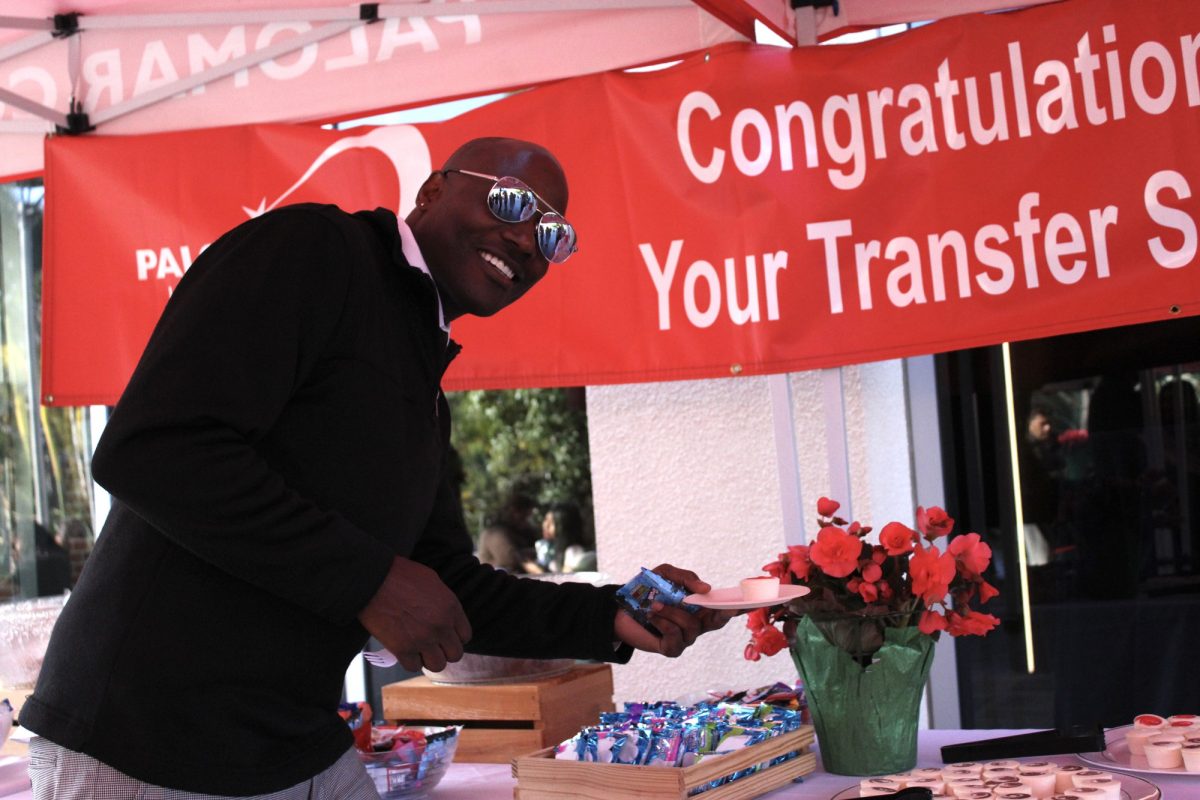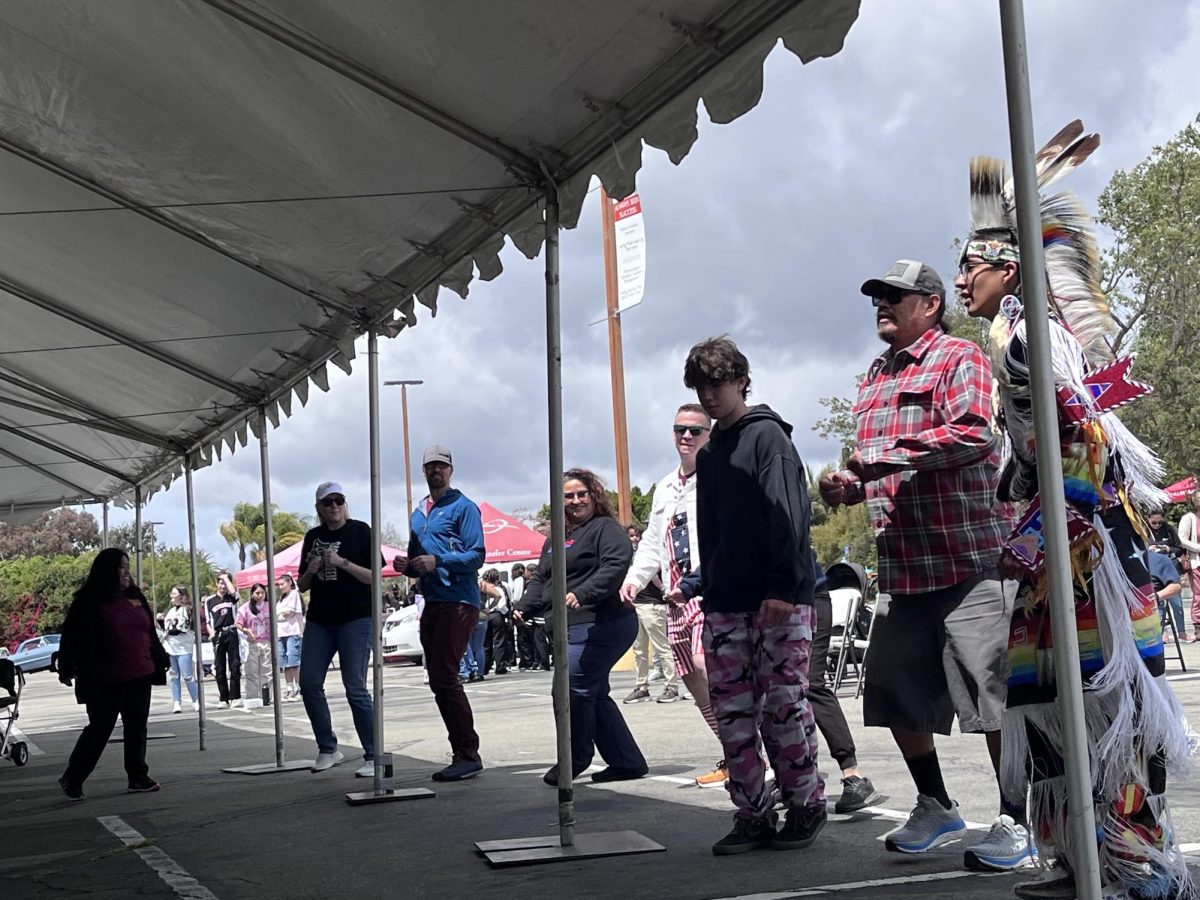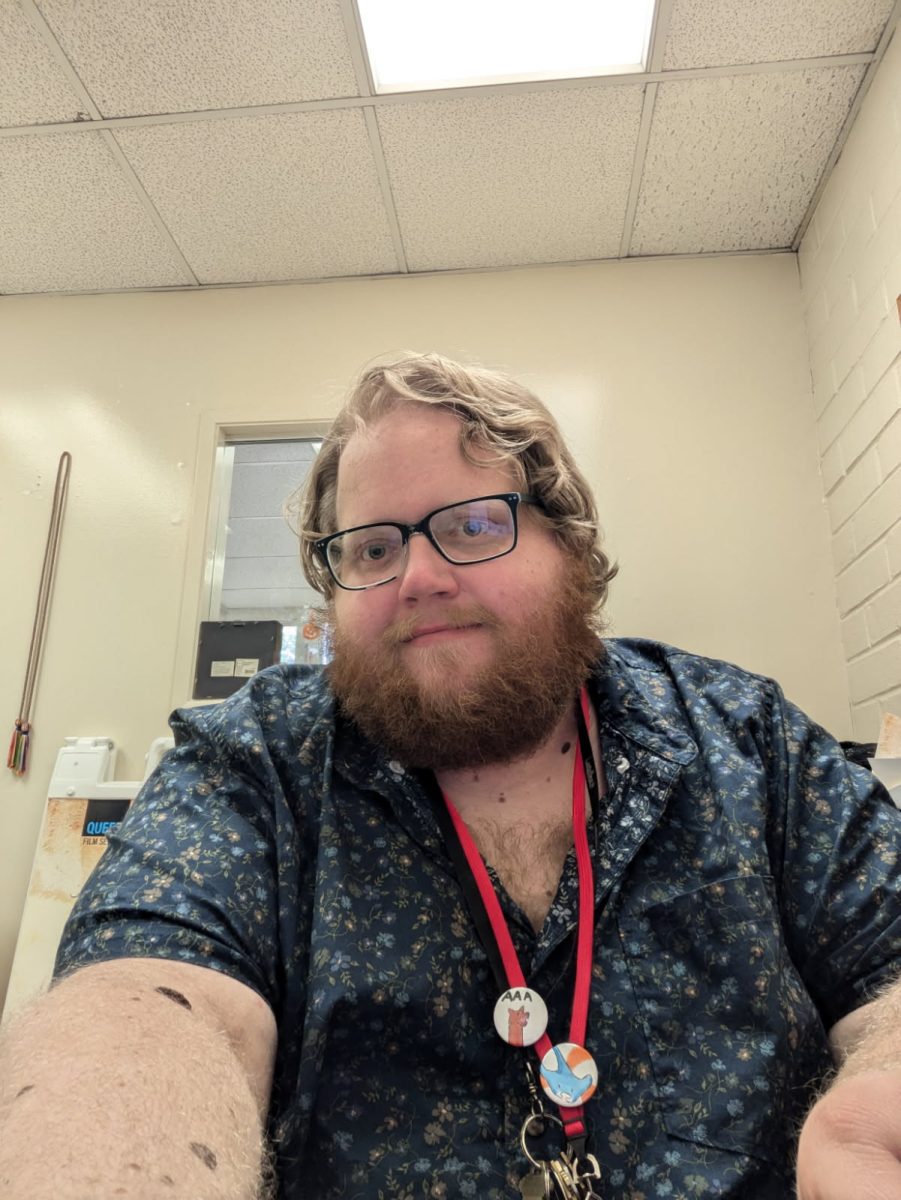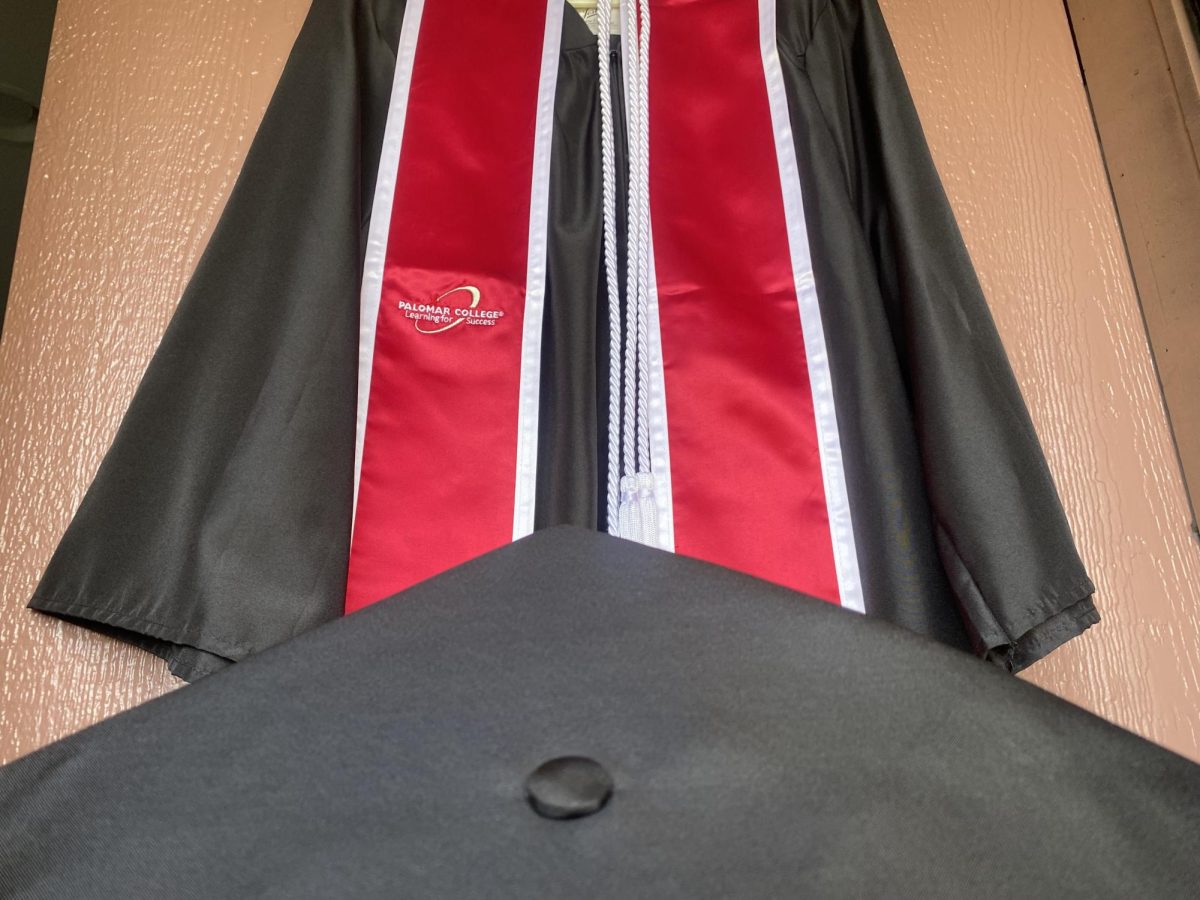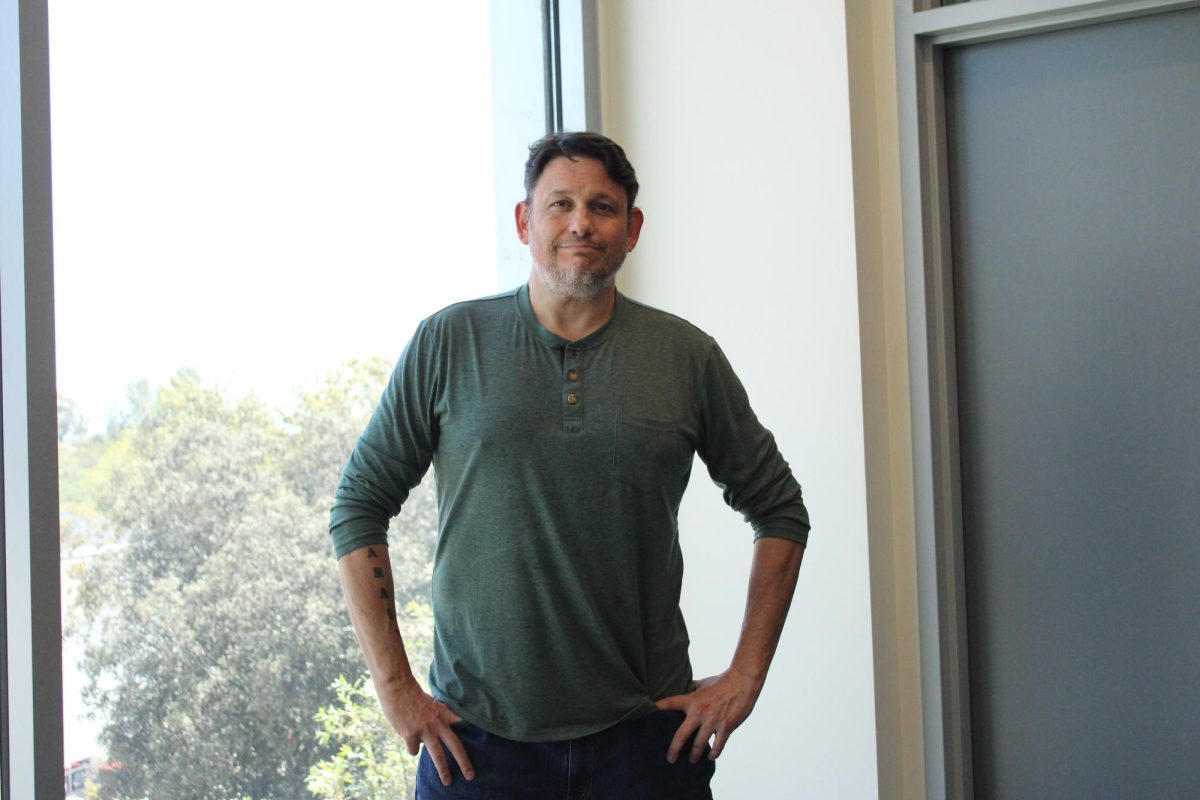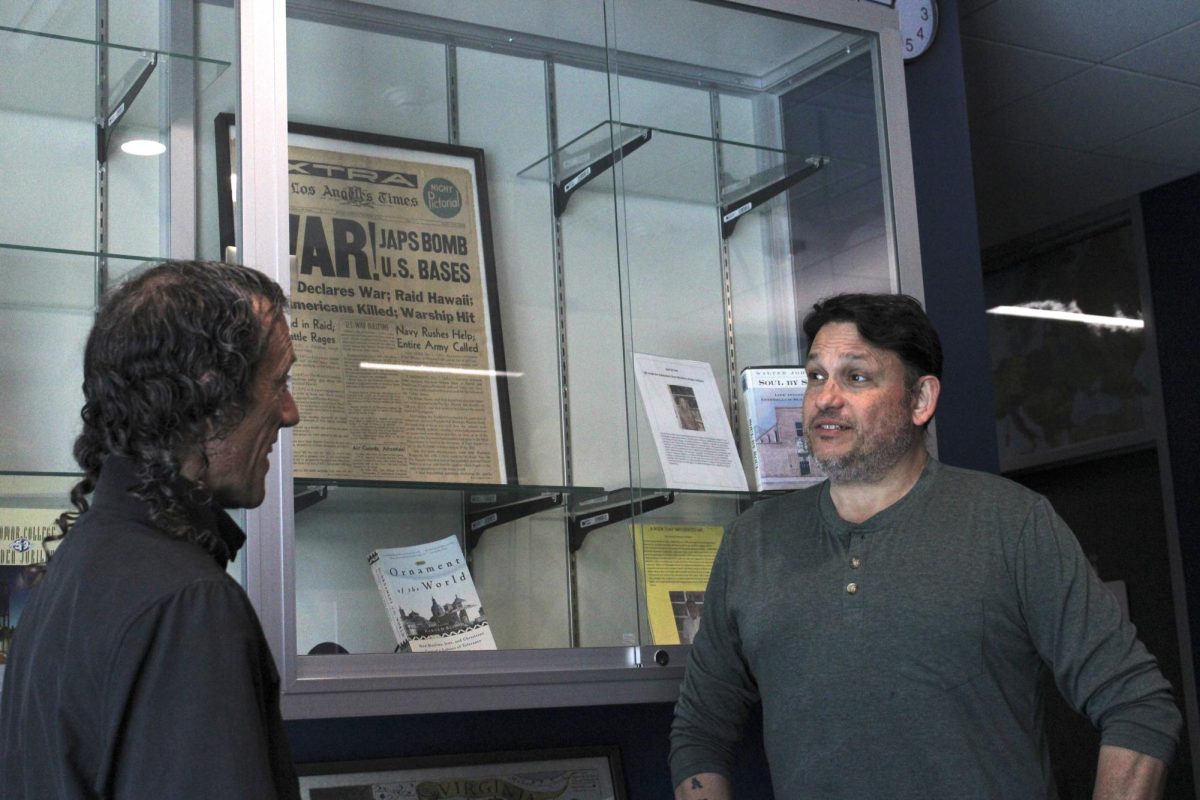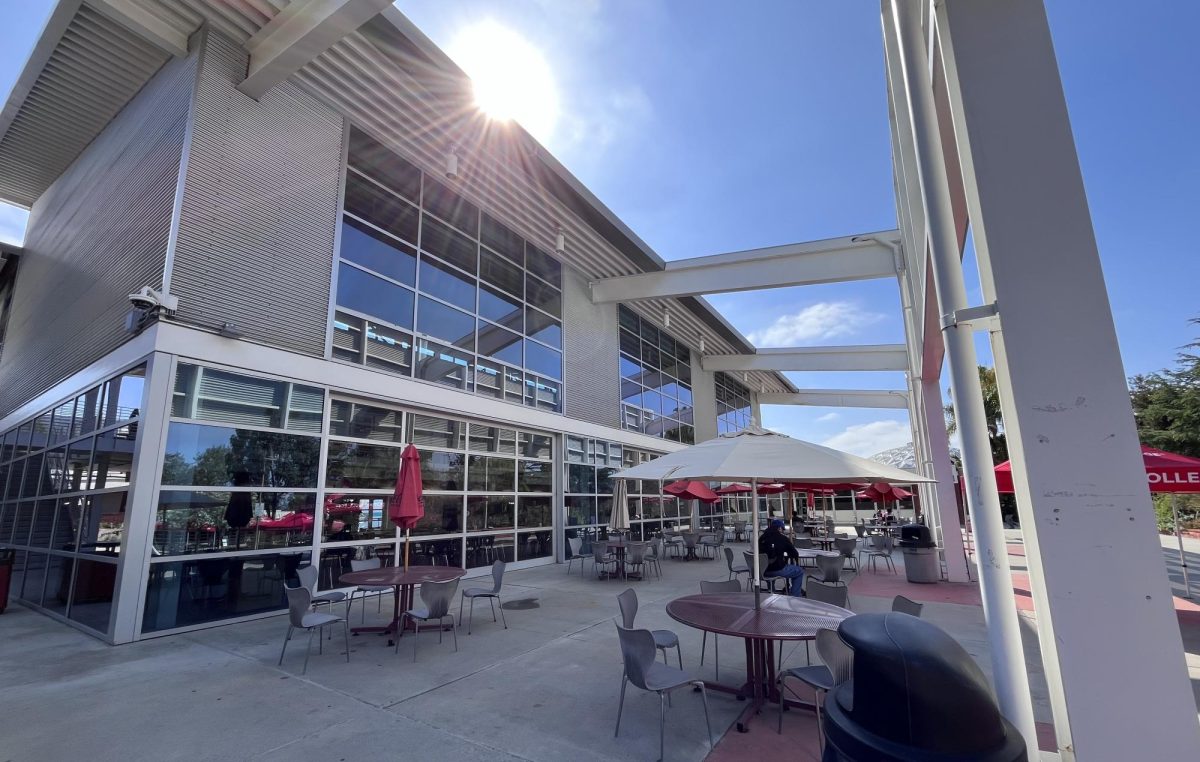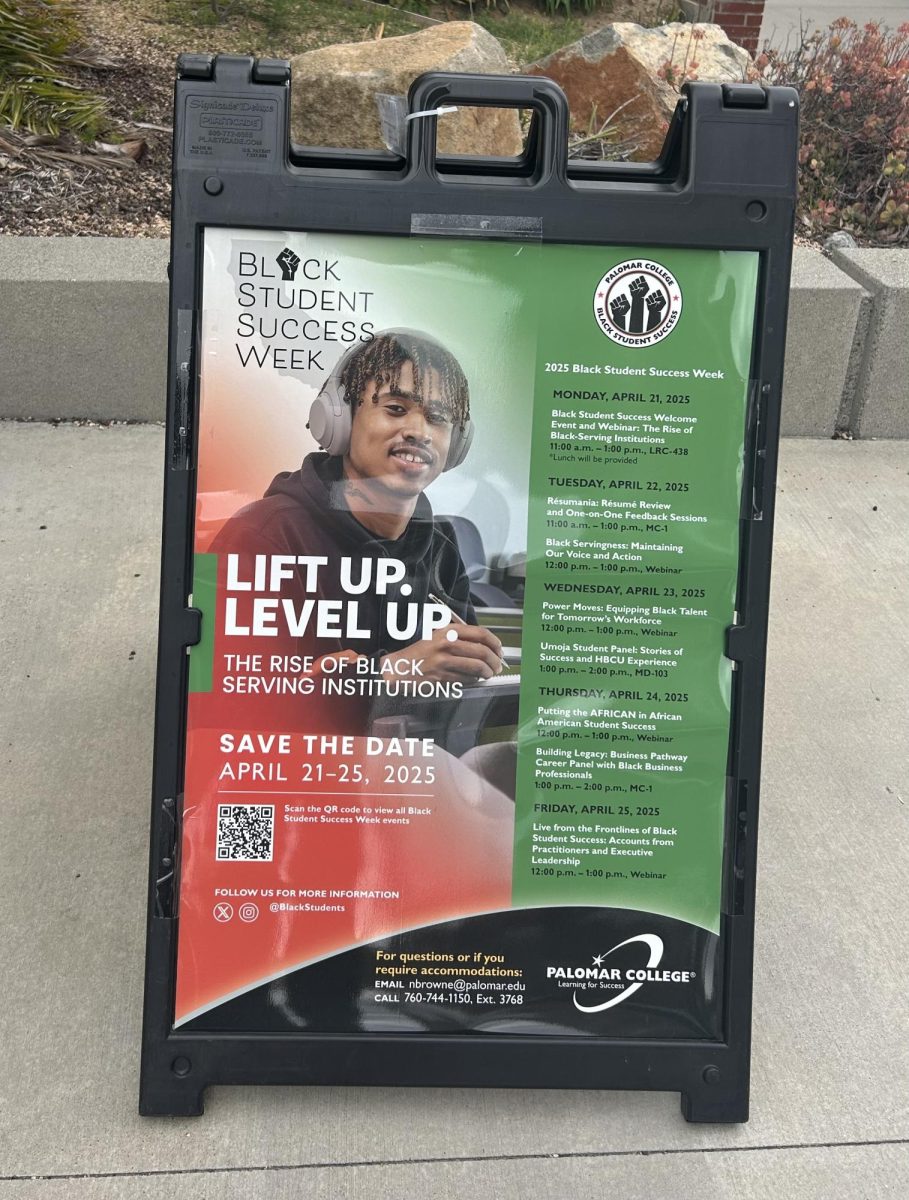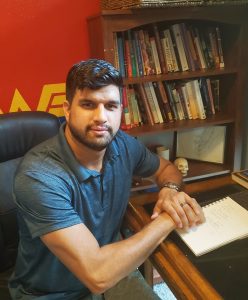
Christian Garcia, a North County high school teacher, announced August 2019 that he would be running for District #2 of the Palomar Community College District Governing Board.
A resident of North County for most of his life, Garcia emphasizes creating more career-oriented education at Palomar, as well as more educational opportunities for students of all social backgrounds. He will also tackle the college’s financial crisis that has been seething under the foundations of the campus’s administration and the Associated Student Government.
The Telescope: What is your educational and career background?
Garcia: I went to school in San Diego, and I grew up in North County. I got my bachelor’s degree at UC Irvine. I have a bachelor’s degree in political science and international studies, and I have a master’s in public policy from the University of Southern California.
The Telescope: Why are you running and why should students vote for you?
Garcia: I was a teacher in the Peace Corps for two years, and I taught in Cambodia. And after working in the private sector in analytics in a supply chain, I went back to education and I’ve been teaching for about four years now.
Education is really important to me. The thing that I’m seeing recently is that students are having less and less affordable and quality options that older generations have taken for granted. I think due to poor fiscal planning and other issues, Palomar is heading in the wrong direction.
Palomar is a great college, and we really need to do is to make sure that it remains affordable and quality option for students in this area.
The Telescope: What is your ultimate campaign promise and goal?
Garcia: We’re going to really start focusing on three different things. Fiscal responsibility is a big thing, and affordable education is the second one. And the third thing is making sure that we have proper job skills training and education to work specifically the workspace that is San Diego related.
What I mean is we see a lot of college students who are great at calculus, but they don’t know how to set up a proper email. There needs to be a lot more job skills training in [our education].
The Telescope: What is your history with Palomar, and why is the college important to you?
Garcia: I live in east Escondido, so I live very close to the Escondido campus. My wife is a student right now at Palomar, she’s finishing one of her degrees. A majority of my friends and a few siblings went to Palomar as well.
Not only do I have a close connection because my wife, my family and my friends, but just being a person living in the community that is directly impacted by Palomar. It’s really significant to me that we are fostering an educated and powerful community.
The Telescope: How much time do you spend talking to students and trying to understand their needs and concerns through conversation with them?
Garcia: That’s what I do for a living. I’m a high school teacher. I emphasize that you don’t need to go to a four-year college. I think community colleges are great options. In fact, I emphasize that option before anything else.
I think a lot of teachers at your community colleges are a lot more passionate than at universities. This is a conversation I had with a lot of my senior students and I do this everyday. I have students, high school students, who are concerned about their prospects, whether it’s financing or because they don’t want to move away.
In terms of the concerns, this is what I do. I teach about ten hours a day, and these conversations are at least one-fifth of the day depending on what time of the year is in terms of college students.
The Telescope: How do you plan to maintain a strong connection with the student body after the election?
Garcia: A big part of that is involvement, whether it is attending meetings like this or student-sponsored events, football events, whatever it is. This isn’t foreign to me. I’m very involved in my community, especially in Escondido.
Hearing what students’ concerns are, seeing the culture of how students interact—I think it’s going to give me a good way of gauging what they’re concerned about, by simply sitting down and talking to somebody.
The Telescope: What do you believe students’ biggest problem is, and how would you help fix it?
Garcia: From working with high school students, it is the lack of work skills. You might be able to study something like calculus, but at the same time, you can’t balance your checkbook.
At the school, I also do private teaching and I have 40- to 60-year-olds coming up to me, and ask, “Hey, are we getting a class on Excel?”
Excel was around when they were in college, but this was something they didn’t learn.
And when you’re going into the workplace, this is a lot of the skills that many employers are looking for. I think what we need to do is start re-emphasizing the skills that are more practical in the workplace.
The Telescope: What do you believe the role of The Telescope is on campus, and how is it important to the school and the community?
Garcia: I think all student newspapers are very valuable. There’s something pure and altruistic about student papers. I’m sure all of you have been very involved or had to pay attention to the national presidential elections or Senate races.
Even though that’s really important, the issue a lot of people tend to forget is that the national elections don’t typically affect your daily life. However, things that happen at a local level—whether that’s an increase in taxes, whether there’s going to be local lockdowns, whether that is a new company that’s moving into the region—that’s going to affect your life a lot more.
And I think that’s something a student newspaper [can be] more valuable to people than reading national advice. So I think what you guys are doing is absolutely great. I think you guys need to serve, you keep doing it. Just be the pure, righteous voice of the community and that’s what’s missing today.
The Telescope: How will you help improve Board relations with faculty?
Garcia: I’ve been seeing a lot lately, there seems to be a disconnect from the concerns of the board faculty and the community. I think open forums are going to have to be a lot more ubiquitous.
I see that there needs to be some kind of way that is more inviting. For example, I’m the president of my HOA, and unfortunately we’re only meeting about four times a year. I [suggested] 12 times a year. We allow people to do a Zoom call-in.
No matter what, open communication is always going to be key in terms of being able to facilitate and properly communicate with people’s concerns and ideas—not just with the boards and faculty people, but with students as well.
The Telescope: How do you plan to help resolve the school’s current financial situation?
Garcia: What we’re looking for are better ways to budget and offer more opportunities for people to bid on contracts.
We need to make sure that there is competition when it comes to competing for different contracts. We need to also facilitate and give different options for retirement plans. There needs to be more options and the need to negotiate a little bit more.
The Telescope: Is there anything you would like to add?
Garcia: I’m an educator. I’m not somebody who works in different industries. Education is really important to me. I’m very passionate about it. That’s the reason why I decided to run this, as opposed to something like state counsel. But this is my education in my life, making sure that people have affordable options is incredibly important me, but we see affordable options dwindling down.
We want to provide the affordable, educational options so that people could advance in their careers in their lives, improve their lives livelihoods.
We need to continue to serve our community, especially when people in the lower socioeconomic classes. They don’t necessarily have those options, for example, to go to a private school. We need to be focusing on people that are from lower socioeconomic classes.
For more information on Christian Garcia, visit the website https://www.garciaforpalomar.com/.

